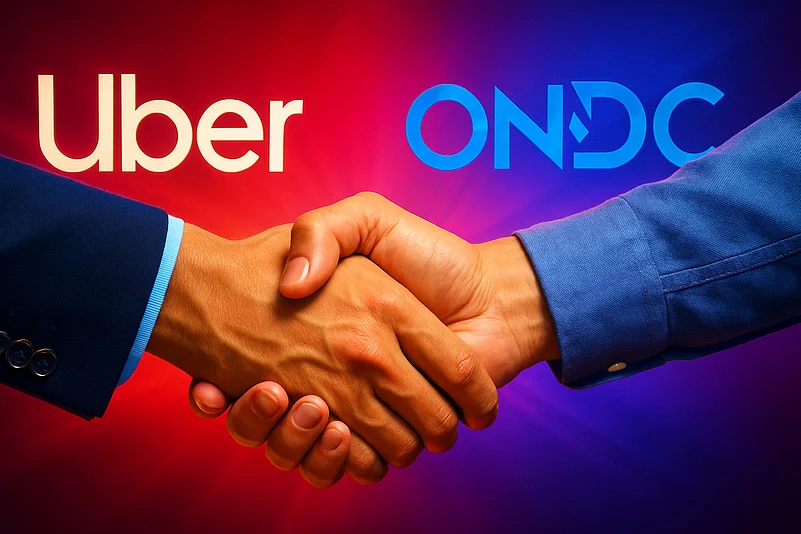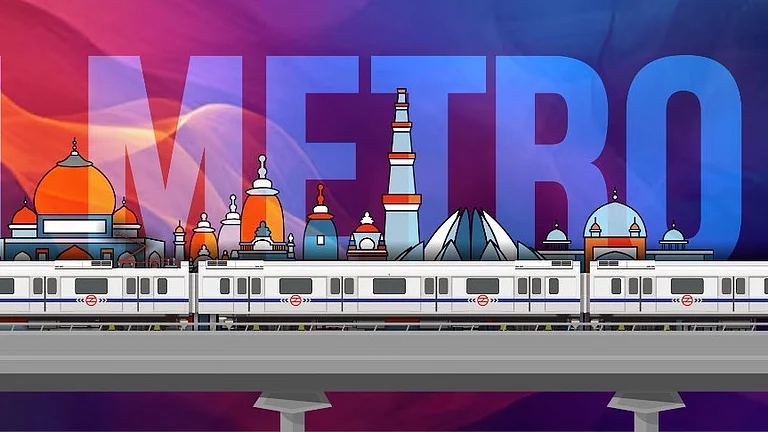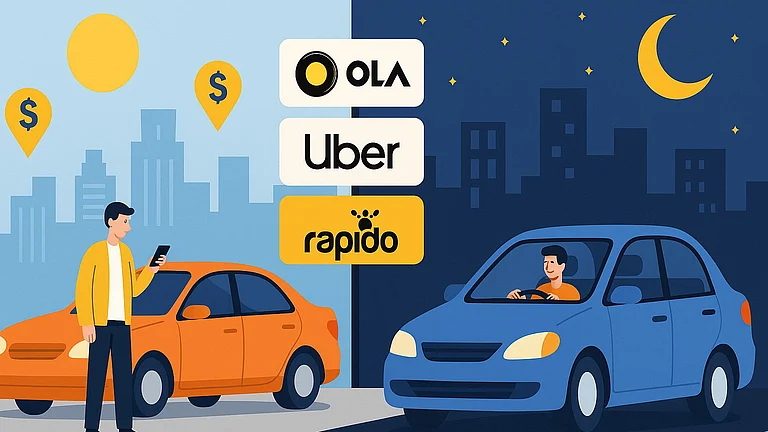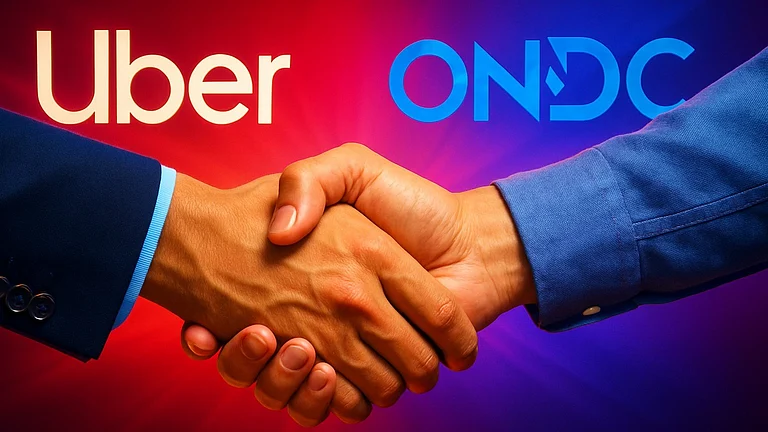After Rapido, ride-hailing platform Uber has become the latest company to join the Open Network for Digital Commerce (ONDC) for metro ticket booking services. Commuters in Delhi can now book Delhi Metro tickets directly through the Uber app.
Further, Uber is integrating its B2B delivery services with the ONDC network. The company highlighted that this integration would allow Uber to scale its logistics offerings faster and serve its growing user base, which now includes 1.4 million delivery partners on the platform.
Speaking about the initiative, Praveen Neppalli Naga, Chief Technology Officer for Mobility & Delivery at Uber, said that ONDC allows Uber to use India’s robust digital public infrastructure—including Aadhaar, UPI, widespread mobile internet, and cloud technologies—to bring metro services onto the Uber platform.
He further added, “Our India Tech Hubs in Bengaluru and Hyderabad have been at the forefront of this innovation, and we’re proud to lead with technology developed right here.”
Users can now book Delhi Metro tickets through the app using a seamless QR-based system with API-enabled payments. He emphasized that this integration lays the groundwork for expanding metro ticketing to other cities. The company plans to expand to three more cities this year.
This shift comes as ONDC intensifies its efforts in the mobility space. Ride-hailing platform Rapido has already integrated with ONDC to facilitate metro ticket bookings for the Chennai Metro Rail Limited (CMRL) in February 2024. Further, in May 2025, Rapido extended this integration to the Delhi Metro Rail Corporation (DMRC).
In March, the platform hit a milestone by clocking 1.6 crore transactions—the highest ever—more than twice the number recorded the previous year. It also crossed 20 crore total transactions during the same month.
Within the ONDC ecosystem, logistics has emerged as the fastest-growing segment. Companies like Loadshare, Shadowfax, Zypp, and Ecom Express are seeing increasing engagement. On the other hand, the retail category—covering online shopping, groceries, and food delivery—has witnessed a dip. Retail orders fell from 65.4 lakh in October 2024 to 43.4 lakh in April 2025. In contrast, logistics orders rose from 18.7 lakh to 24.1 lakh in the same period.
One of ONDC’s core value propositions is its no-commission approach. Rather than taking a cut from each ride or delivery—as is typical with conventional cab aggregators that charge 20–30% per ride—ONDC uses a subscription-based model where users pay a flat fee upfront.
Uber, too, has embraced this direction.
In February 2025, the company revealed in a blog post that it would implement a zero-commission model for auto-rickshaw drivers in India. Under this system, the Uber app suggests a price, but the final fare is settled through a direct negotiation between the rider and the driver.
Passengers must then pay the driver directly—either with cash or by sending the amount via UPI to the driver’s personal ID. Payments using cards, Uber credits, or UPI through the app itself are disabled, ensuring the entire fare goes straight to the driver without deductions.
In a related development, Home Minister Amit Shah announced a government-supported ride-hailing platform called Sahkar Taxi in Parliament in late March. He said this new initiative would match the scale of Uber and Ola while operating without charging commissions.
“We plan to launch a nationwide cooperative taxi network similar to Uber and Ola in the months ahead,” Shah said.

































